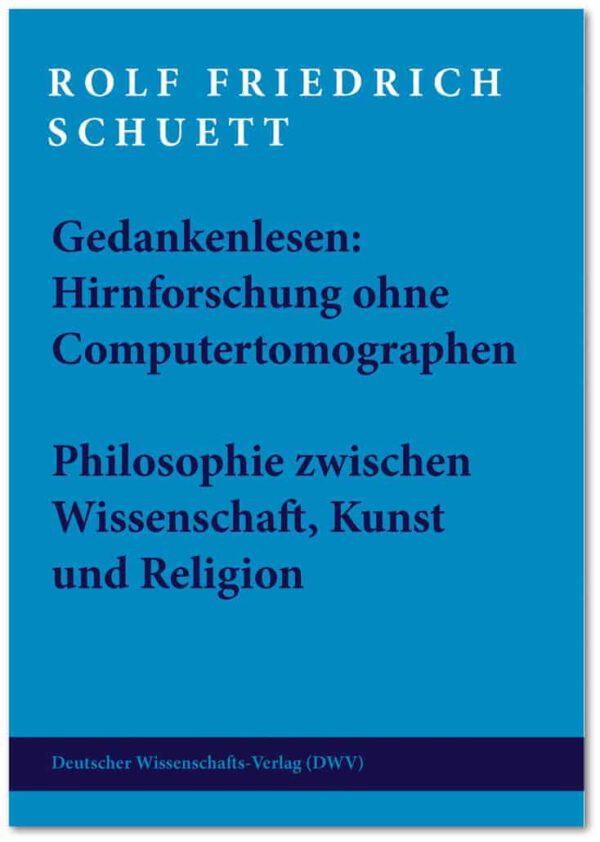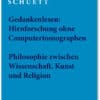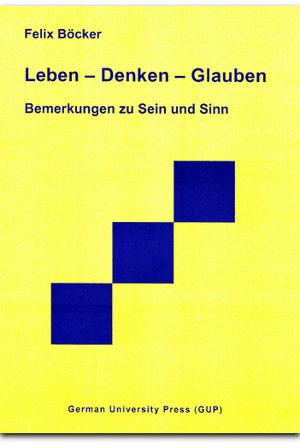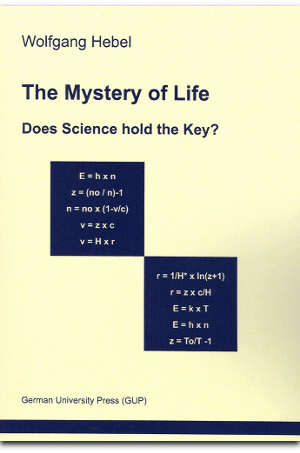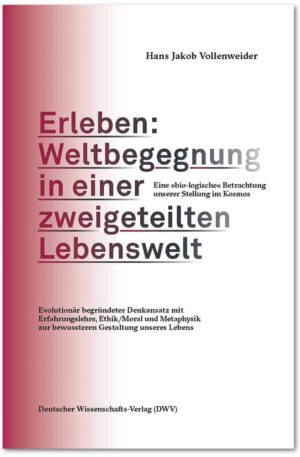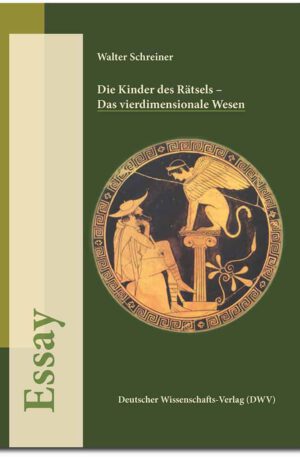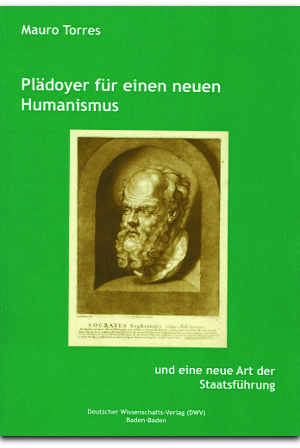Zur Religion hielt Philosophie lange zu geringe und hält sie heute zu große Distanz. Die wirkmächtigsten Denker wie Platon, Aristoteles, Descartes, Spinoza, Leibniz, Kant, Hegel, Kierkegaard, Husserl und Wittgenstein waren gar keine Atheisten und Agnostiker gewesen, die zeitgenössischen sind es aber zumeist, als wären sie nur gehorsame Kinder ihrer säkularen Zeit. Kant sah noch alle Wissenschaften abhängen von der regulativen Gottesidee, und Hegel folgte ihm. Antitheismus wurde zum akademischen Standardmodell des Westens, doch der Monotheismus hat seine aufgeklärten Verächter inzwischen überlebt und ist weltweit längst wieder auferstanden von den Totgesagten – ohne den „ollen Jott“ wären Sozialrevolutionen von Arbeitssklaven global aussichtslos. Die vita contemplativa und reine theoria des gotterschaffenen Kosmos werden hier gegen jeden Neopragmatismus und sozialtechnischen Aktionismus verteidigt, um die freigesetzte neuzeitliche Subjektivität in den fälschlich schon verabschiedeten metaphysischen Kosmos zurückzubetten. Der rehabilitierte antike bios theoretikós wird gut rationalistisch als logischer Platonismus interpretiert. Der letzte Teil der Arbeit untersucht frühromantische Fragmente und Aphorismen der europäischen Moralistik als Formen von philosophischem Gehalt in literarischer Gestalt.
Schlüsselwörter: Europäische Philosophie, Monotheismus, vita contemplativa, Theorie und Praxis, logischer Platonismus, Aphorismus, Frühromantik, europäische Moralistik
Summary: To religion philosophy for a long time kept too little distance and now keeps too much distance. The most influential philosophers like Plato, Aristotle, Descartes, Spinoza, Leibniz, Kant, Hegel, Kierkegaard, Husserl and Wittgenstein had not been atheists and agnostics at all, but the contemporaries are only brave children of their secular time. Kant still saw all sciences depending on the regulative idea of God, and Hegel followed him. Antitheism became the western academic standard, but meanwhile monotheism survived its enlightened despisers and worldwide rose from the dead long ago. (Without „Old God“ social revolutions of slaves would be hopeless.) Here the vita contemplativa and the pure theoria of the God-made universe is defended against modern pragmatism and socio-technical activism, in order to re-embed the emancipated modern subjectivity into the hastily pseudo-dismissed metaphysical „cosmos“. This work tries to rehabilitate the antique bios theoretikós, which is interpreted as a logical Platonism. The last part deals with aphorisms of European moralists and with romantic fragments as philosophical ideas in literary form.
Keywords: European philosophy, monotheism, vita contemplativa, theory and practice, logical Platonism, aphorism, early romanticism, European moralists

